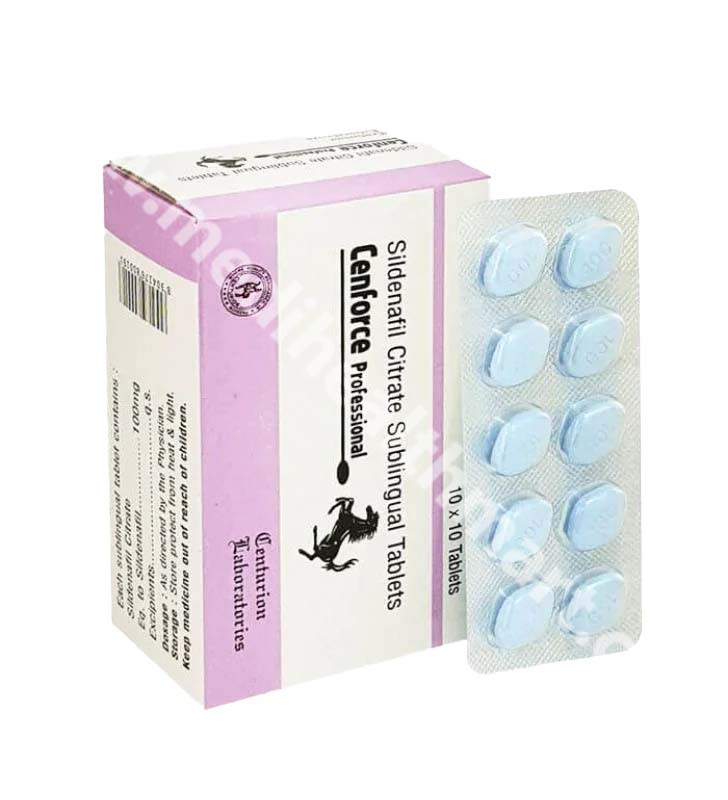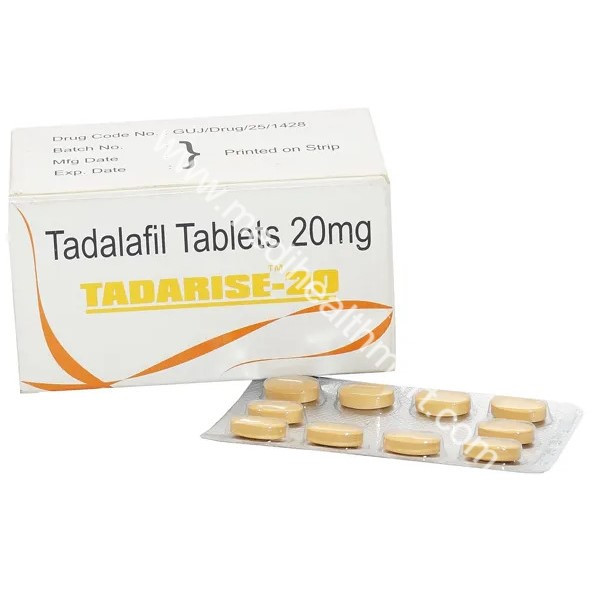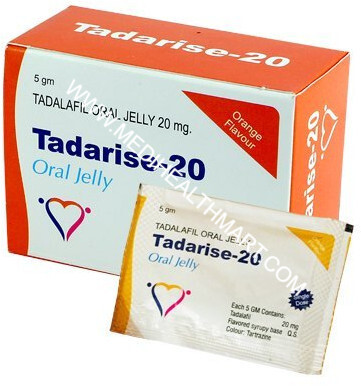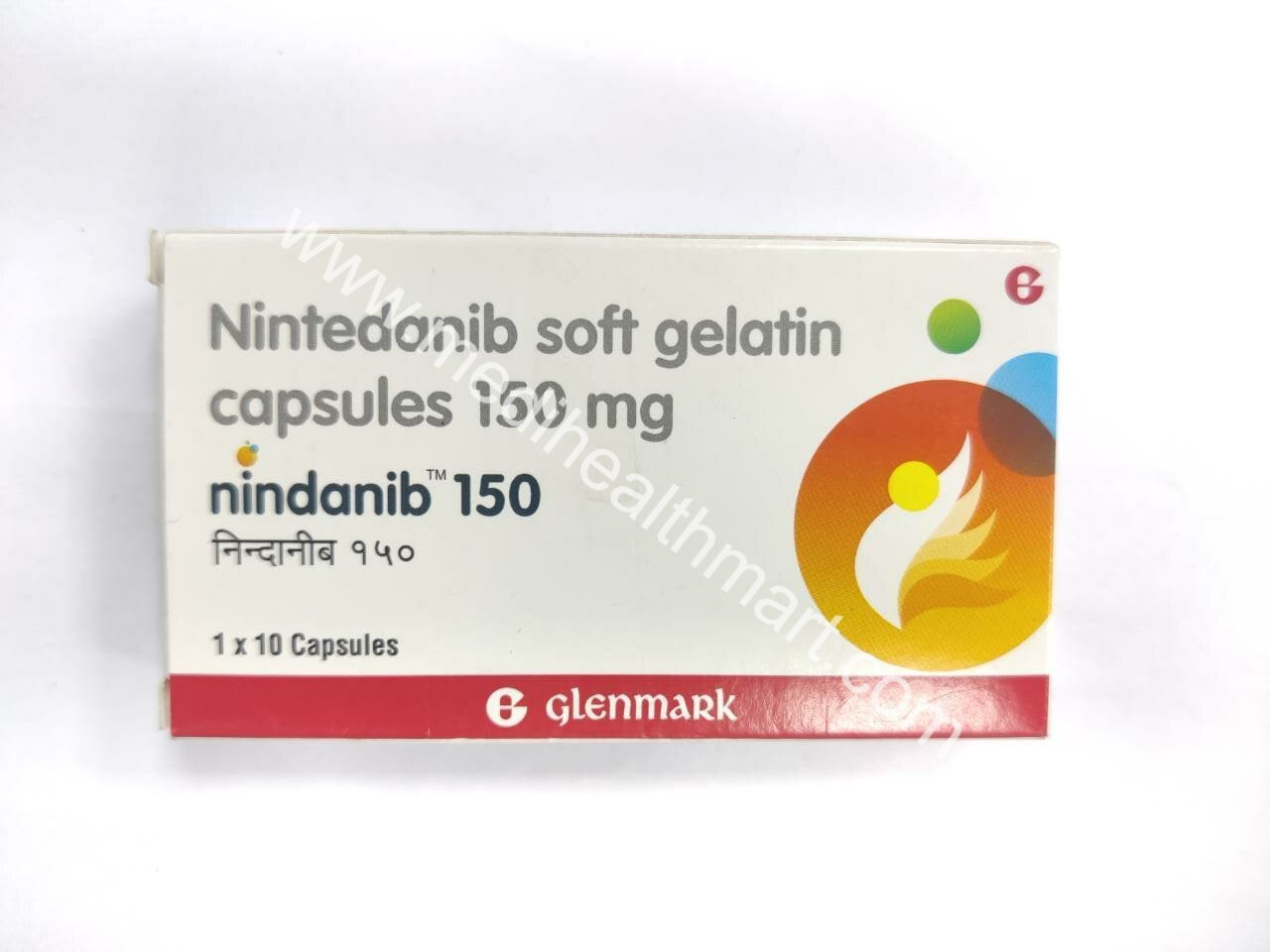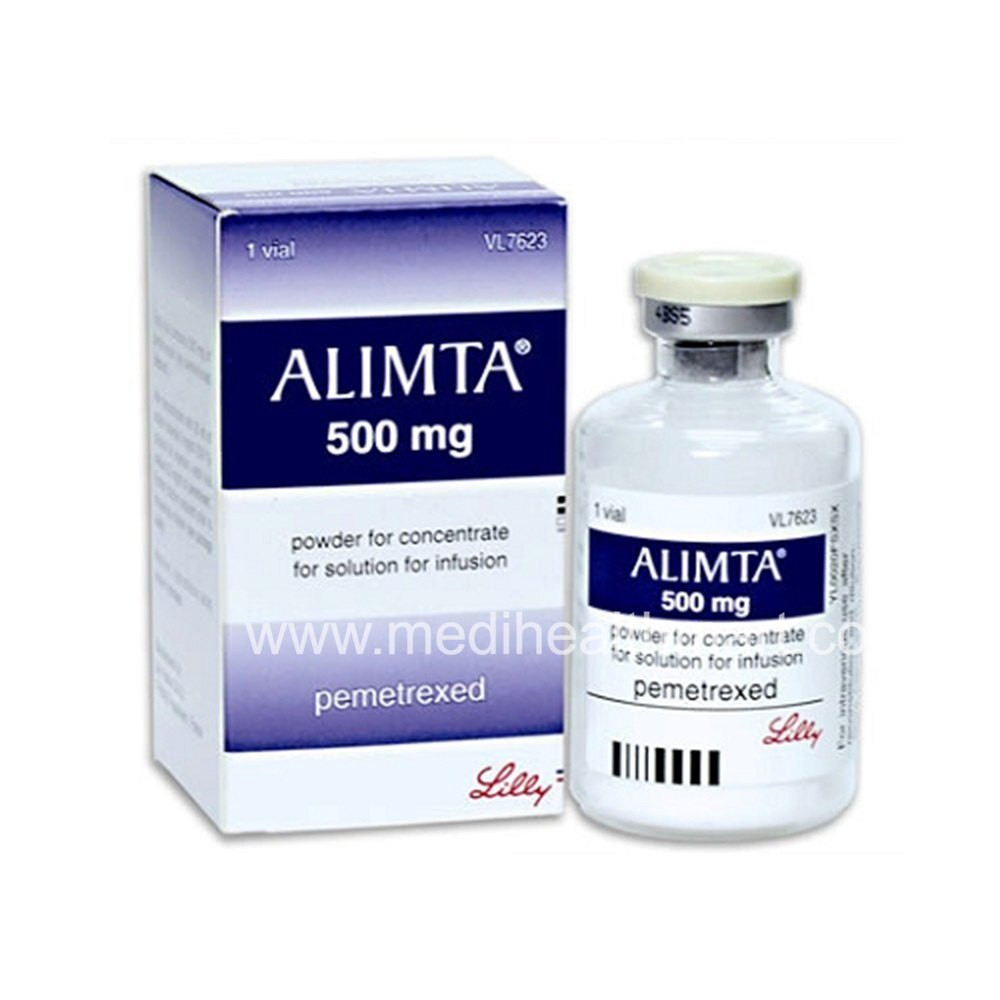

Alimta 500 Mg
Alimta 500 mg is a prescription anticancer (chemotherapy) injection containing Pemetrexed Disodium, used mainly for the treatment of non-small cell lung cancer (NSCLC) and malignant pleural mesothelioma (MPM). Alimta belongs to the class of antimetabolite chemotherapy agents, which work by disrupting folate-dependent metabolic processes essential for cancer cell replication.
In non-small cell lung cancer, Alimta is often used in combination with platinum-based drugs such as cisplatin or as a single agent in previously treated patients. In mesothelioma, it is used along with cisplatin as a first-line therapy. By inhibiting enzymes like thymidylate synthase and dihydrofolate reductase, pemetrexed interferes with DNA and RNA synthesis, effectively slowing or stopping cancer cell growth.
Alimta 500 mg is given via intravenous infusion, usually in a hospital or oncology center under the supervision of a trained healthcare provider.
Uses of Alimta 500 mg
✅ Non-Small Cell Lung Cancer (NSCLC) — for advanced or metastatic lung cancer, either in combination or as monotherapy
✅ Malignant Pleural Mesothelioma (MPM) — first-line chemotherapy in combination with cisplatin
✅ Maintenance Therapy in NSCLC — to prolong the period of disease control after initial chemotherapy
Key Benefits
-
Proven effectiveness: Improves survival and delays disease progression in lung cancer and mesothelioma.
-
Well-established regimen: Part of standard-of-care treatment protocols worldwide.
-
Multiple indications: Effective both in combination with cisplatin and as a standalone agent.
-
Convenient dosing: Typically administered once every three weeks (21-day cycles).
How Alimta Works
Alimta contains pemetrexed, a multitargeted antifolate that blocks several key enzymes involved in the production of DNA and RNA in rapidly dividing cancer cells. By inhibiting nucleotide synthesis, pemetrexed slows down or stops the multiplication of cancer cells, leading to tumor shrinkage or slowed progression.
Because it affects rapidly dividing cells, Alimta can also impact healthy cells, particularly those in the bone marrow, digestive tract, and hair follicles, leading to side effects.
-
$0.00 - $0.00
-
$98.00 - $98.00
-
$0.00 - $0.00
-
$0.00 - $0.00
-
$0.00 - $0.00
-
$0.00 - $0.00
Reviews & Ratings
Alimta 500 mg is a prescription anticancer (chemotherapy) injection containing Pemetrexed Disodium, used mainly for the treatment of non-small cell lung cancer (NSCLC) and malignant pleural mesothelioma (MPM). Alimta belongs to the class of antimetabolite chemotherapy agents, which work by disrupting folate-dependent metabolic processes essential for cancer cell replication.
In non-small cell lung cancer, Alimta is often used in combination with platinum-based drugs such as cisplatin or as a single agent in previously treated patients. In mesothelioma, it is used along with cisplatin as a first-line therapy. By inhibiting enzymes like thymidylate synthase and dihydrofolate reductase, pemetrexed interferes with DNA and RNA synthesis, effectively slowing or stopping cancer cell growth.
Alimta 500 mg is given via intravenous infusion, usually in a hospital or oncology center under the supervision of a trained healthcare provider.
Uses of Alimta 500 mg
✅ Non-Small Cell Lung Cancer (NSCLC) — for advanced or metastatic lung cancer, either in combination or as monotherapy
✅ Malignant Pleural Mesothelioma (MPM) — first-line chemotherapy in combination with cisplatin
✅ Maintenance Therapy in NSCLC — to prolong the period of disease control after initial chemotherapy
Key Benefits
-
Proven effectiveness: Improves survival and delays disease progression in lung cancer and mesothelioma.
-
Well-established regimen: Part of standard-of-care treatment protocols worldwide.
-
Multiple indications: Effective both in combination with cisplatin and as a standalone agent.
-
Convenient dosing: Typically administered once every three weeks (21-day cycles).
How Alimta Works
Alimta contains pemetrexed, a multitargeted antifolate that blocks several key enzymes involved in the production of DNA and RNA in rapidly dividing cancer cells. By inhibiting nucleotide synthesis, pemetrexed slows down or stops the multiplication of cancer cells, leading to tumor shrinkage or slowed progression.
Because it affects rapidly dividing cells, Alimta can also impact healthy cells, particularly those in the bone marrow, digestive tract, and hair follicles, leading to side effects.
Frequently Brought Products
-
$0.00 - $0.00
-
$98.00 - $98.00
-
$0.00 - $0.00
-
$0.00 - $0.00
-
$0.00 - $0.00
-
$0.00 - $0.00


